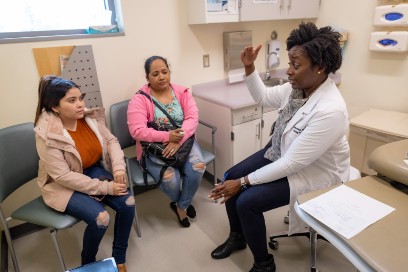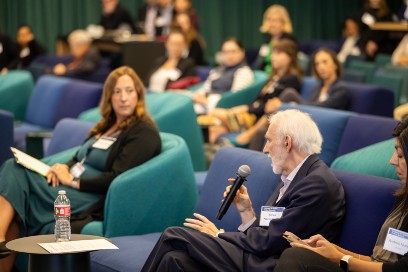Resources
Within this resources page, you will find links to separate webpages linking to Community Resources. When available, information is provided in languages other than English.
Dentro de esta página de recursos, encontrará enlaces a otras páginas con Recursos Comunitarios. Cuando esté disponible, la información se ofrece en idiomas distintos del inglés.






